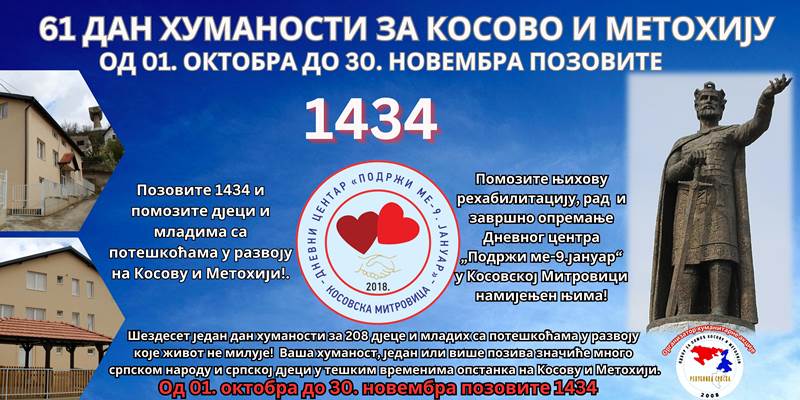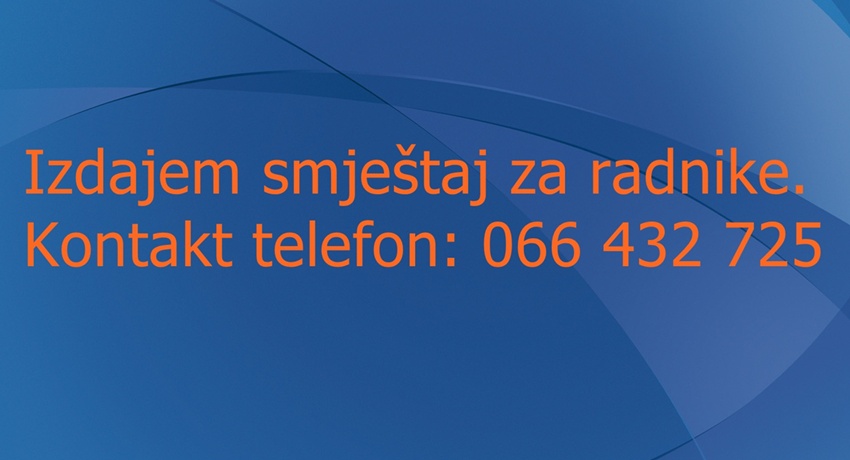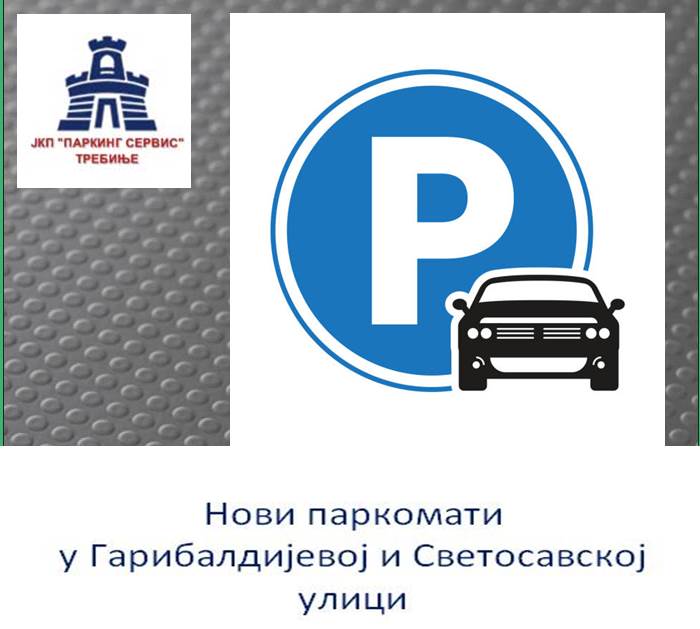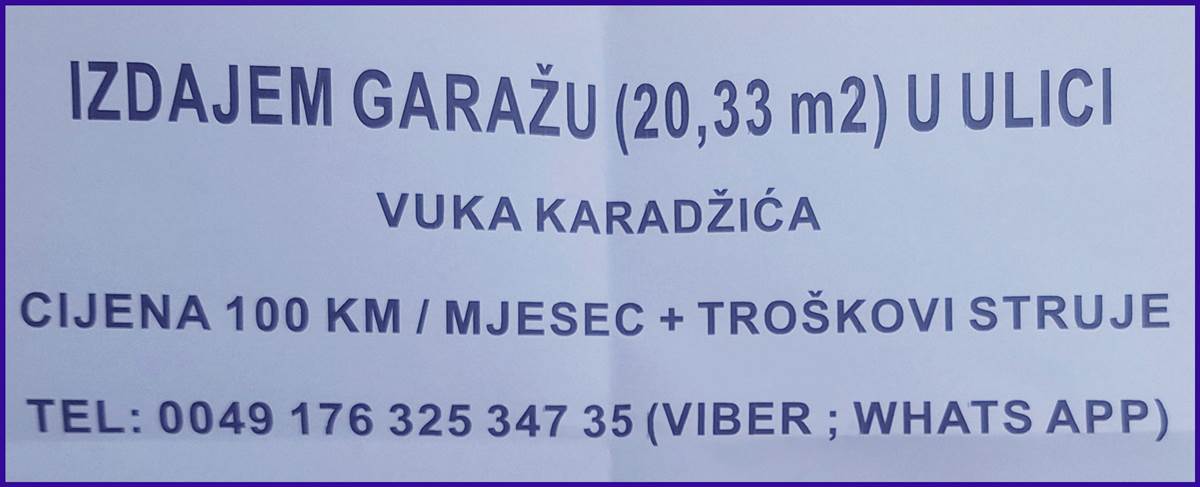
The Directorate for European Integrations of the Council of Bosnia and Herzegovina, in association with the city administration and the Center for Development of Herzegovina, has held a presentation of projects prepared by Bosnia and Hercegovina as part of IPA state programs which are to be funded by European Union.
Main characteristics of The New Instruments of Pre-accession Assistance IPA III and interregional cooperation have been pointed out, with the special accent on Interreg IPA CBC Croatia- Bosnia and Herzegovina – Montenegro and Bosnia and Herzegovina – Montenegro.
Sladjana Cvijanovic, Expert for EU financial assistance communication at Directorate for European Integration, stated that the projects mentioned are mostly in the implementation stage, but the presentation will also reflect on the state programme IPA 2021, waiting to be implemented.
“We spoke about characteristics of The New Instruments of Pre-accession Assistance, about the key points applicants should be cautious about, and also about the funds provided by the European Union as part of the third generation of the instruments, as well as the challenges that the third generation bears for the beneficiary countries.”
She has pointed out that the funds that the European union has granted for the third generation of instruments of the pre-accession assistance for the Western Balkans and Turkey amount to 14,2 billion euro.
“The amount of funds that are going to be granted to each country depends on the capability of the country to prepare relevant and mature projects. The important thing to mention is that the third generation of instrument bears more challenges for the beneficiary states, since the funds are not reserved per state, but are awarded according to success of the projects. The success will be measured based on the relevance of the projects and their alignment with EU policies, as well as priorities of the beneficiary states, and maturity and readiness for implementation of the project itself.”
For Trebinje, as she stated, the most interesting programs are interregional cooperation programs, especially cross-border cooperation programs supporting the development of local communities.
“The program IPA III and cross-border cooperation programs have predefined areas for applicants to prepare programs and applications. They should follow the calls for proposals, which are followed by the procedure of choosing the projects that are to be implemented at a later stage.”
The Directorate for European Integrations organizes online trainings for interregional cooperation programs and all parties interested can apply and join the training.
The presentation was attended by representatives of government and local institutions, public facilities, businesses and non-governmental organizations.












